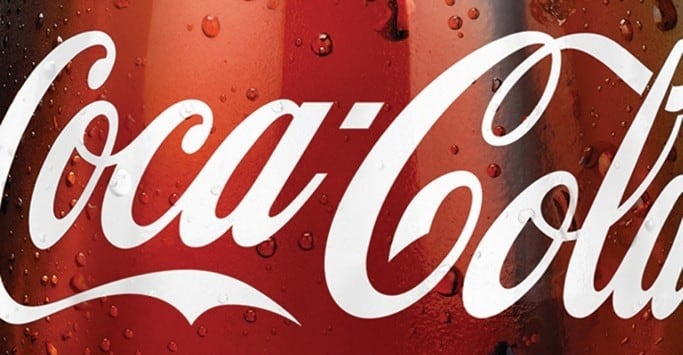The firm has branched into five major beverage categories in China, spanning its trademark soft drinks to coffee, tea, sparkling water, juices, dairy, alcohol and more.
With such an enormous portfolio of products, the company is no stranger to innovation and the science behind creating new drink options.
But the firm now believes that there is a need to go beyond the R&D and tug at consumer heartstrings in order to remain at the forefront of the beverage sector in China.
“From a scientific point of view, innovation needs to focus on technology and data, but although there is always need for this, experience tells us that it is no longer enough to create truly satisfactory products for consumers here,” Coca-Cola APAC R&D Centre Senior Director Amy Song told the floor at the Food and Beverage Innovation Forum (FBIF) in China.
“Today’s consumers want more than just the physical experience concerning things like ingredients and functionality, but also the emotional connection when making their purchases – this means that they want more than offerings of zero sugar or immunity-boosting products, where in reality all companies and brands can offer the same thing.
“The emotional connection is what needs to come in for consumers to feel trust and confidence in a brand, whether this is by feeling respect, acceptance and so on – and this is where culture comes in, as it is what brings human experience into the context of the foods or beverages.”
Mentions of Chinese culture tend to automatically link with images of Chinese New Year or Mooncake Festival– but Song highlighted that apart from these traditional correlations, there is also the modern aspect of culture in China today that should be incorporated.
“Of course China is very rich in culture and heritage, but beyond this there are also many elements of the lifestyle today that consumers will also link to local culture, such as popular trends locally,” she said.
“One of these is the rise in popularity of the game League of Legends locally, and with this in mind we launched a limited edition ‘The Hero Has Arrived’ product in collaboration with the game, creating an entire platform for players and consumers to really connect with it – this was also designed to have a unique limited edition flavour with zero sugar, so it remains in line with current trends as well.
“Here it is clear that this sort of innovation requires thinking that is less dependent and far beyond just the science of beverage creation – it comes from a focus on understanding local trends, consumers, items and the connections between them to form the culture, and integrating this culture into the innovation.”
Sustainability as a culture
Although sustainability might not come to mind immediately when culture is mentioned, in China this could see some link with the government implementing initiatives to reduce food and packaging waste in the country.
“Coca-Cola sees sustainable packaging as a global strategy that we implement based on the characteristics of the different markets, and we already have technologies available all over the region that are applicable in many different places,” Song added.
“For example, we already have the label-free bottle ILOHAS in Japan that utilises a debossed logo and symbol to remove the need to separate the label from bottle during recycling – and based on local business plans and regulations, if such an innovation becomes viable we will certainly apply this existing technology in new markets.”


